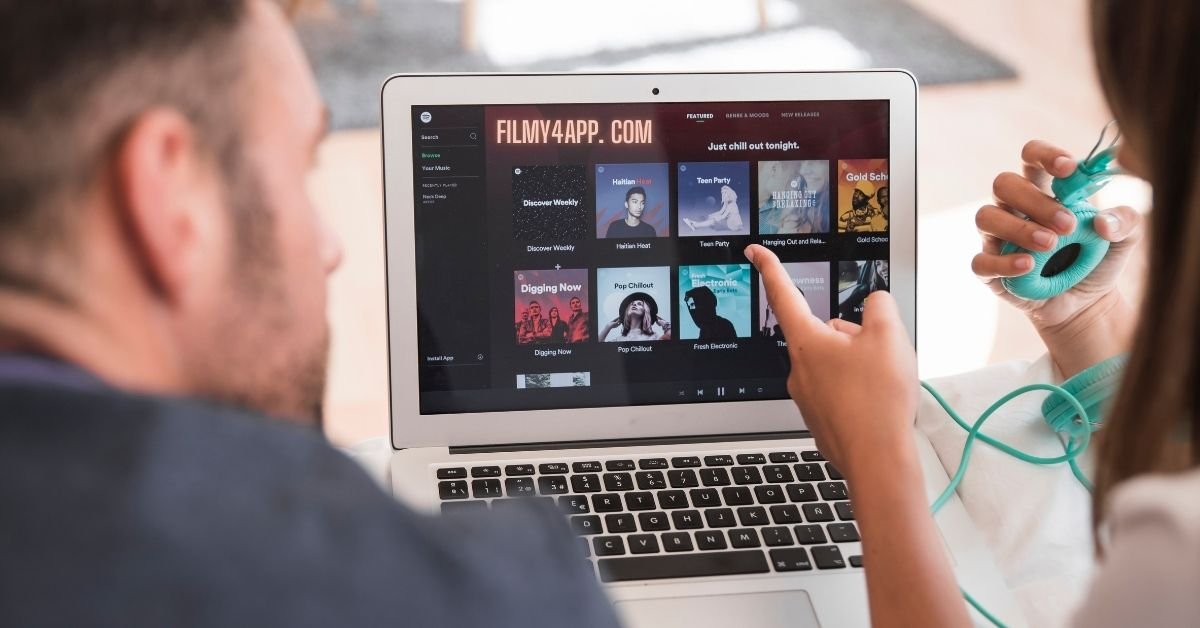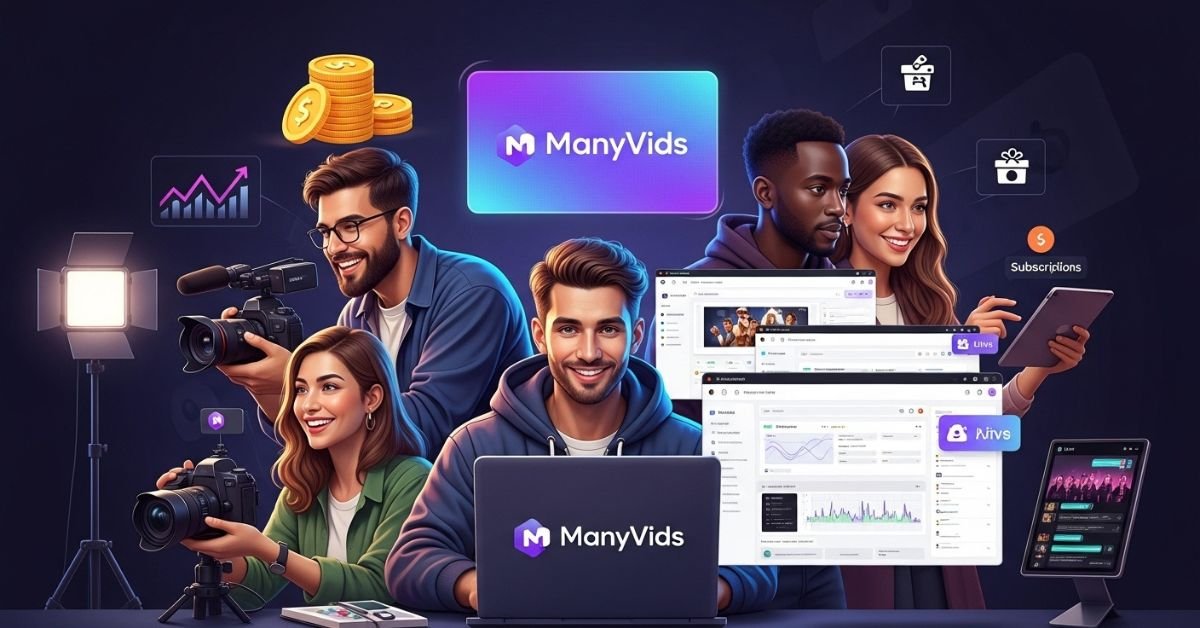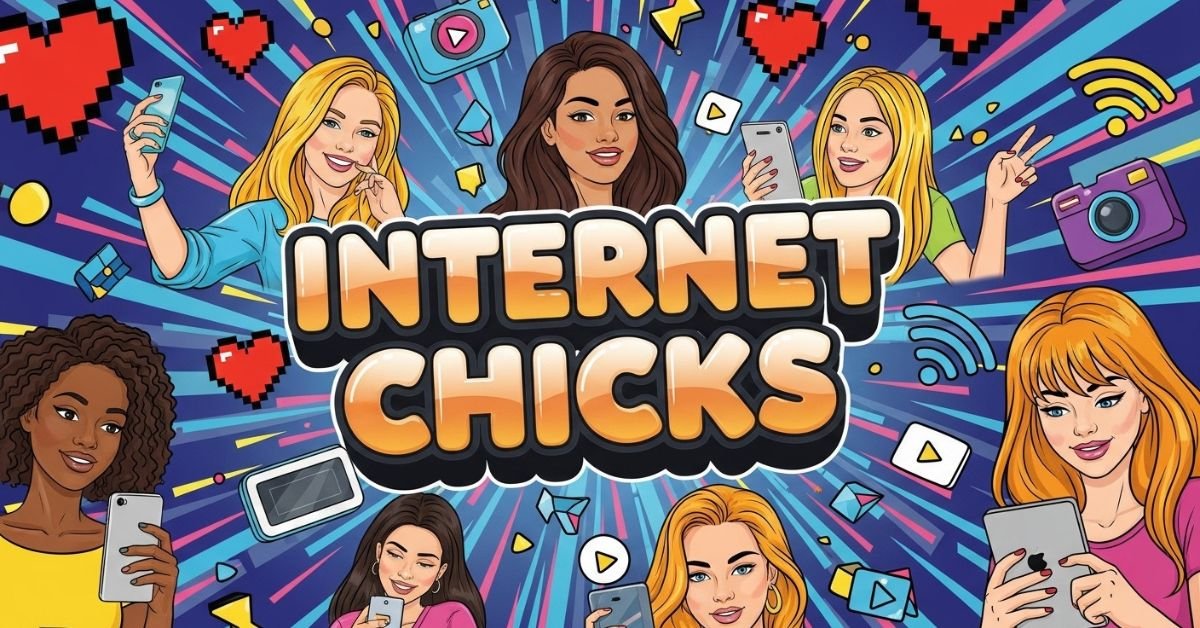Contents
- 1 The Changing Landscape of Digital Entertainment
- 2 What is Filmy4app. com?
- 3 Why People Turn to Piracy Websites
- 4 The Legal Consequences of Using Filmy4app. com
- 5 Security Risks Involved with Piracy Websites
- 6 The Impact on the Entertainment Industry
- 7 The Role of Filmy4app in Digital Culture
- 8 Comparing Piracy with Legal Streaming Platforms
- 9 Safer and Better Alternatives to Piracy
- 10 The Role of Awareness and Digital Responsibility
- 11 How Governments and Companies are Fighting Piracy
- 12 The Future of Digital Entertainment Without Piracy
- 13 FAQs
- 14 Conclusion
The Changing Landscape of Digital Entertainment
In the last decade, the way we consume entertainment has changed more than ever before. Once upon a time, people had to wait for movies to arrive in theaters or buy DVDs to watch them at home. Today, a single tap on a smartphone or smart TV can open the door to thousands of films, shows, and web series. Streaming platforms have revolutionized access, offering convenience, variety, and flexibility. But with this rise, another side of digital entertainment has also grown: illegal movie-downloading websites.
Filmy4app. com is one such name that keeps appearing in conversations around free movies and shows online. For many users, it looks like a tempting shortcut—a place where they can watch or download the latest blockbusters without paying. Yet beneath that convenience lies a web of risks, from security threats to legal consequences. Understanding this balance between accessibility and danger is crucial in today’s digital world.
What is Filmy4app. com?
Filmy4app. com is a website known for leaking and distributing pirated versions of movies, TV shows, and web series. Unlike legitimate streaming services that acquire rights from producers and creators, platforms like Filmy4app upload unauthorized copies. These pirated files are often made available soon after a film’s theatrical release, sometimes even on the same day.
Because it provides this type of access, Filmy4app attracts millions of users looking for free content. The site frequently changes its domain names and URLs to bypass government restrictions and takedown notices. For users, this constant availability may feel like a blessing, but the truth is far more complex. Behind the scenes, piracy not only damages the entertainment industry but also exposes users to real dangers.
Why People Turn to Piracy Websites
The popularity of websites like Filmy4app. com doesn’t happen in a vacuum. Many people gravitate toward them because of factors such as affordability, accessibility, and habit. A significant number of users in regions with limited access to official platforms feel excluded from mainstream entertainment. High subscription fees or the unavailability of certain movies on local streaming platforms further fuel the temptation.
There’s also a sense of immediacy. People want the latest movies as soon as possible, and piracy websites deliver them instantly, without waiting for official digital releases. The culture of “getting everything for free” is also deeply ingrained in some parts of the digital ecosystem, where users see piracy as a harmless alternative rather than a serious crime. Unfortunately, this mindset overlooks the ripple effects on industries, creators, and even users themselves.
The Legal Consequences of Using Filmy4app. com
Downloading or streaming from piracy websites is not just risky—it’s illegal in many countries. Laws against digital piracy are becoming stricter with every passing year. In places like India, the United States, and parts of Europe, penalties for accessing pirated content can include hefty fines and even imprisonment. Governments and cybercrime units continuously monitor traffic to such sites to identify repeat offenders.
For most users, the legal consequences may feel distant, as enforcement is often targeted more toward large distributors than individuals. However, cases have shown that individuals can and do face penalties. Even if legal action isn’t taken immediately, engaging with such platforms fuels an industry that thrives on exploiting intellectual property rights. Over time, this undermines the very foundation of creativity and fair trade.
Security Risks Involved with Piracy Websites
Beyond legal consequences, piracy websites like Filmy4app.com pose significant security threats. Many of these platforms are riddled with malware, intrusive ads, and phishing schemes. Users who click on download links may unknowingly install malicious software on their devices. These infections can steal sensitive data, such as bank details, passwords, and personal files.
Another common issue is the flood of pop-ups and redirects. While trying to access a movie, users are often led to suspicious sites that trick them into subscribing to fake services or downloading harmful files. In worst-case scenarios, entire devices can be compromised, leading to identity theft or financial loss. The cost of “free” entertainment often turns out to be much higher than expected.
The Impact on the Entertainment Industry
Piracy is not just a personal risk—it’s a collective problem that affects the entire entertainment industry. Every time a user downloads a pirated movie, the creators, actors, technicians, and workers behind that film lose potential revenue. These losses add up to billions of dollars globally, making it harder for studios to recover their investments.
Independent filmmakers are often hit the hardest. Unlike big studios, they don’t have massive budgets to absorb the financial shock caused by piracy. When their work is leaked online, it directly affects their ability to fund future projects. Over time, this stifles creativity and reduces the diversity of films and shows available to audiences.
The Role of Filmy4app in Digital Culture
Despite its risks, Filmy4app plays a curious role in digital culture. It represents both the demand for accessible entertainment and the failure of some markets to provide affordable, timely options. The site’s popularity is a mirror of consumer desires—instant access, global reach, and convenience without barriers.
However, this role is not constructive. Instead of bridging the gap between creators and consumers, piracy platforms exploit that gap for profit. They thrive in regions where legitimate platforms are slow to adapt or where subscription prices remain out of reach for average consumers. Recognizing this dynamic is essential if we want to move toward safer, more sustainable solutions.
Comparing Piracy with Legal Streaming Platforms
| Aspect | Piracy Websites (e.g., Filmy4app. com) | Legal Streaming Platforms (e.g., Netflix, Amazon Prime, Disney+) |
|---|---|---|
| Cost | Free, but risky | Paid subscriptions, often with free trials or discounts |
| Content Quality | Often poor, with low resolution | High-quality, HD or 4K with proper subtitles |
| Security | High risk of malware and phishing | Secure, ad-free, and regulated |
| Availability | May have latest movies illegally | Limited by licensing agreements, but expanding rapidly |
| Legality | Completely illegal | Fully legal, supporting creators and industry |
| User Experience | Filled with ads, pop-ups, and redirects | Smooth, curated, and user-friendly |
Safer and Better Alternatives to Piracy
Instead of turning to sites like Filmy4app, users today have plenty of safer and better options. Legal streaming services like Netflix, Amazon Prime Video, Disney+, Hulu, and regional platforms offer vast libraries of movies and shows. Many of these services even provide affordable subscription models or ad-supported free tiers, making them accessible to more people.
In addition, several platforms now release films online within weeks of theatrical debuts, reducing the waiting period. Some even premiere movies directly on digital platforms, cutting the gap between demand and supply. By choosing these options, users not only enjoy better quality and security but also contribute to supporting the entertainment ecosystem.
The Role of Awareness and Digital Responsibility
Awareness is one of the most powerful tools in combating piracy. Many users simply don’t realize the risks involved in accessing platforms like Filmy4app. com. By spreading awareness about legal consequences, security threats, and the harm caused to the creative industry, individuals can make more informed choices.
Digital responsibility also means recognizing our role as consumers. Choosing to pay for content is not just about legality—it’s about respect for the people who work tirelessly to entertain us. When audiences support legitimate platforms, they fuel creativity, innovation, and diversity in entertainment. This collective effort can help shift the culture away from piracy toward more sustainable solutions.
How Governments and Companies are Fighting Piracy
Around the world, governments and companies are investing heavily in anti-piracy measures. From blocking domains to launching public awareness campaigns, these initiatives aim to reduce the spread of piracy. Streaming platforms also employ digital rights management (DRM) technologies to protect their content from being copied or distributed illegally.
At the same time, some companies are rethinking their business models to better cater to consumer needs. Affordable subscription plans, flexible regional pricing, and bundled services are all examples of strategies designed to draw users away from piracy. These efforts, combined with stricter enforcement, are slowly reshaping the digital entertainment landscape.
The Future of Digital Entertainment Without Piracy
The future of digital entertainment lies in innovation and inclusivity. As more platforms experiment with affordable pricing, regional content, and direct-to-digital releases, the need for piracy will naturally decline. The key is to make legal content so convenient and affordable that piracy loses its appeal.
Already, we’re seeing steps in this direction with platforms introducing ad-supported free versions and exclusive content deals. In the coming years, technology like blockchain and AI may also play a role in protecting intellectual property rights. A piracy-free entertainment world may not be around the corner just yet, but the trend is moving steadily in that direction.
FAQs
Is it safe to download movies from Filmy4app. com?
No, downloading movies from piracy websites like Filmy4app.com is not safe. They often contain malware, phishing links, and other security threats that can harm your device and compromise your data.
Can I go to jail for using piracy websites?
Yes, in many countries, accessing pirated content is illegal and can lead to legal consequences such as fines or imprisonment. Laws vary by region, but the risks are real.
Why are piracy websites so popular?
Piracy websites attract users because they offer free and instant access to the latest movies. However, their popularity often stems from the lack of affordable and timely legal alternatives in certain regions.
What are the benefits of using legal streaming platforms instead of piracy sites?
Legal streaming platforms provide high-quality content, secure environments, and support the creators of films and shows. They also offer a smoother, ad-free user experience.
Will piracy ever completely disappear?
While piracy may never fully disappear, its influence can be reduced through awareness, affordable legal options, and strict enforcement of laws. The goal is to make legal entertainment the more appealing choice for everyone.
Conclusion
Filmy4app. com may look like an easy way to access free entertainment, but beneath the surface lie serious risks—legal, personal, and ethical. From malware threats to financial losses for creators, piracy does more harm than good. Yet, the good news is that safer, better, and legal alternatives are widely available today.
The future of entertainment depends not just on technology and platforms but also on the choices we make as consumers. By supporting legitimate services, spreading awareness, and practicing digital responsibility, we can ensure a healthier, more vibrant entertainment industry. Free content might seem tempting, but in the era of digital entertainment, making the right choice matters more than ever.




